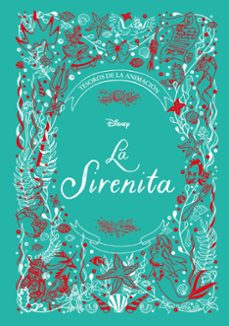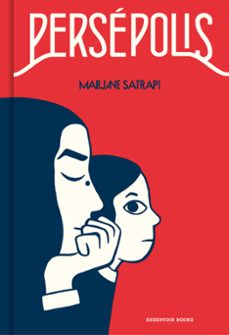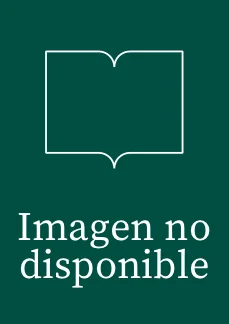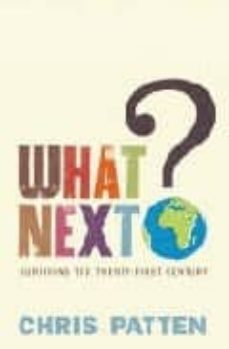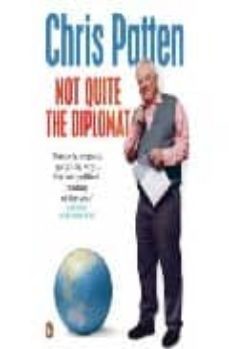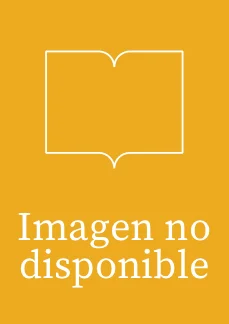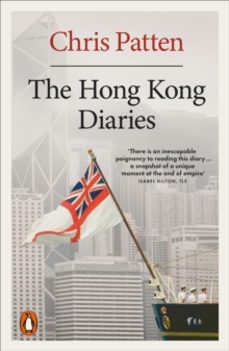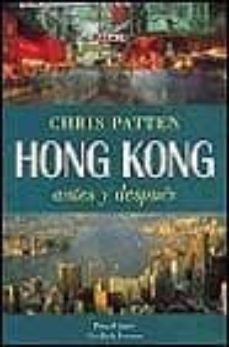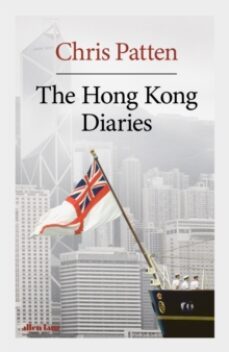Imprescindibles
Ficción
No Ficción
Ciencias y tecnología Biología Ciencias Ciencias naturales Divulgación científica Informática Ingeniería Matemáticas Medicina Salud y dietas Filología Biblioteconomía Estudios filológicos Estudios lingüísticos Estudios literarios Historia y crítica de la Literatura
Humanidades Autoayuda y espiritualidad Ciencias humanas Derecho Economía y Empresa Psicología y Pedagogía Filosofía Sociología Historia Arqueología Biografías Historia de España Historia Universal Historia por países
Infantil
Juvenil
#Jóvenes lectores Narrativa juvenil Clásicos adaptados Libros Wattpad Libros Booktok Libros de influencers Libros de Youtubers Libros Spicy Juveniles Libros LGTBIQ+ Temas sociales Libros ciencia ficción Libros de acción y aventura Cómic y manga juvenil Cómic juvenil Manga Shonen Manga Shojo Autores destacados Jennifer L. Armentrout Eloy Moreno Nerea Llanes Hannah Nicole Maehrer
Libros de fantasía Cozy Fantasy Dark academia Hadas y Fae Romantasy Royal Fantasy Urban Fantasy Vampiros y hombres lobo Otros Misterio y terror Cozy mistery Policiaca Spooky Terror Thriller y suspense Otros
Libros románticos y de amor Dark Romance Clean Romance Cowboy Romance Mafia y amor Romance dramatico Romcom libros Sport Romance Otros Clichés Enemies to Lovers Friends to Lovers Hermanastros Slow Burn Fake Dating Triángulo amoroso
Cómic y manga
Novela gráfica Novela gráfica americana Novela gráfica europea Novela gráfica de otros países Personajes, series y sagas Series y sagas Star Wars Superhéroes Cómics DC Cómics Marvel Cómics otros superhéroes Cómics Valiant
eBooks
Literatura Contemporánea Narrativa fantástica Novela de ciencia ficción Novela de terror Novela histórica Novela negra Novela romántica y erótica Juvenil Más de 13 años Más de 15 años Infantil eBooks infantiles
Humanidades Autoayuda y espiritualidad Ciencias humanas Economía y Empresa Psicología y Pedagogía Filosofía Historia Historia de España Historia Universal Arte Cine Música Historia del arte
Ciencia y tecnología Ciencias naturales Divulgación científica Medicina Salud y dietas Filología Estudios lingüísticos Estudios literarios Historia y crítica de la Literatura Estilo de vida Cocina Guías de viaje Ocio y deportes
CHRIS PATTEN
Recibe novedades de CHRIS PATTEN directamente en tu email
Filtros
Del 1 al 8 de 8
ALLEN LANE THE PENGUIN PRESS 9780713998566
Globalisation, energy, international crime, Weapons of Mass Destruction, nuclear proliferation, small arms proliferation,international drugs trafficking, climate change, water shortage, migration, and epidemic disease, are in the list of challenges faced by our world. This book analyses what we know in each of these areas. Globalización, energía, crimen internacional, Armas de Destrucción Masiva, proliferación nuclear, proliferación de las armas de mano, tráfico internacional de drogas, cambio climático, sequía y falta de agua, migraciones y epidemias están todas en la lista de los desafíos a los que se enfrenta nuestro mundo. Esta obra analiza los datos que tenemos sobre cada una de estas áreas.
Ver más
Tapa dura
PENGUIN 9780141021447
From 1999 to 2004 Chris Patten was a member of the European Commission with responsibility for its External Relations. The first half of this book deals with his views on Britain's relationship with the European Community. I am not an enthusiast for Brussels myself, but I found this a most eloquent critique of Euroscepticism. Some things come out very strongly: Lord Patten's admiration of post-war Germany and for Helmuth Kohl in particular, and his rightful contempt for the Germanophobia so widespread in Britain and so fanned by the popular press and television. He puts it down to the fact that the `British' victory over Germany is the last episode in British history of which Britons can be proud, so that they compulsively replay that reel over and over again. He is contemptuous of the Tory Party, which, having under Heath taken Britain into Europe, then became the home of what Patten considers illogical arguments about sovereignty (a concept he examines with masterful authority). He is equally scathing about the British illusion that there really is something like a Special Relationship with the United States. The USA actually wants Britain to have a closer relationship with the European Union, and makes no compromises with British interests whenever those diverge from those of the United States. And although Europe and the United States share many values and Europe owes much to the USA in politics and culture, this has, since the end of the First World War, always been counter-pointed with a strand of anti-Americanism in Europe. Patten examines the many ways in which Europe and America are very different, pointing, among other things, to the pervasive influence of religion in the US, to a nationalism which is more overt and assertive across the Atlantic than it is now in Western Europe, to a much more unrestrained capitalism, to national and individual attitudes to budget deficits, to gun-ownership and to capital punishment. On all these matters Patten much prefers the European way; and clearly the ascendancy of the gung-ho, unilateralist neo-cons - Patten has selected some choice quotations from Bush, Rumsfeld, and Bolton to this effect - has done nothing to make America more popular in Europe, - not to mention the USA opting out of Kyoto, insisting on immunity from the International Criminal Court, and flouting the Geneva Conventions at Guantanamo Bay. It is all such a far cry from the internationalist approach of Truman, Marsha
Ver más
Tapa blanda
PENGUIN 9780141999708
The diaries of the last British Governor of Hong Kong published on the 25th anniversary of the handoverIn June 1992 Chris Patten went to Hong Kong as the last British governor to try to prepare it not as other British colonies over the decades for independence but for handing back in 1997 to the Chinese from whom most of its territory had been leased 99 years previously Over the next five years he kept this diary which describes in detail how Hong Kong was run as a British colony and what happened as the handover approached The book gives unprecedented insights into negotiating with the Chinese about how the institutions of democracy in Hong Kong were belatedly strengthened and how Patten sought to ensure that a strong degree of self government would continue after 1997 Unexpectedly his opponents included not only the Chinese themselves but some British businessmen and civil service mandarins upset by Patten s efforts for whom political freedom and the rule of law in Hong Kong seemed less important than keeping on the right side of Beijing The book concludes with an account of what has happened in Hong Kong since the handover a powerful assessment of recent events and Patten s reflections on how to deal with China then and now
Ver más
Tapa blanda
PLAZA & JANES 9788401376436
Fue una tarde fría y lluviosa de junio cuando Chris Patten, último gobernador británico de Hong Kong, recibió plegada la Union Jack y dijo adiós a la última joya del imperio. Como presagio del futuro inmediato, el clima se encargo de realzar la incertidumbre que rodeaba al retorno de la isla a manos chinas. Meses mas tarde, el mismo Patten plasmaria por escrito su experiencia durante la transicion y sus valiosas reflexiones acerca del complejo futuro de la antigua colonia.
Ver más
Tapa blanda
DK 9780241560495
The diaries of the last British Governor of Hong Kong, published on the 25th anniversary of the handoverIn June 1992 Chris Patten went to Hong Kong as the last British governor, to try to prepare it not (as other British colonies over the decades) for independence, but for handing back in 1997 to the Chinese, from whom most of its territory had been leased 99 years previously. Over the next five years he kept this diary, which describes in detail how Hong Kong was run as a British colony and what happened as the handover approached. The book gives unprecedented insights into negotiating with the Chinese, about how the institutions of democracy in Hong Kong were (belatedly) strengthened and how Patten sought to ensure that a strong degree of self-government would continue after 1997.
Ver más
Tapa dura
Del 1 al 8 de 8









